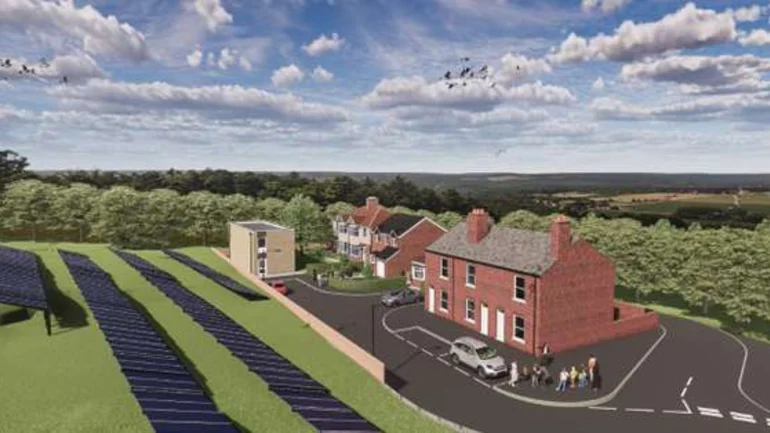- Impact :
- Key benefits/themes : Community, Customers, Environmental, Financial
- Project partners : National Energy Action (NEA), Newcastle University and Northern Gas Networks (NGN)
The Challenge
Many households across the UK face financial difficulties, often having to make difficult decisions between heating and eating. Many of these households are living in fuel and/or water poverty which may result in them rationing their energy and water use (if metered).
Understandably, their priority is keeping warm and their health, rather than reducing the amount of carbon they use. For such households, it’s imperative that their needs and special circumstances are taken into consideration and that the energy networks put appropriate strategies in place to support them.
Vulnerability is difficult to define and can relate to a number of characteristics, including health, age, property, income, and relationships. As such, many households face multiple challenges that can limit their ability to change their behaviours, or to understand the need for change. Additionally, there are households who have communication impairments, such as being deaf or blind, and those experiencing cognitive issues, including dementia.
All these households require additional, tailored support when it comes to any substantial changes which will directly impact their home life.
The Solution
This collaborative project aims to inform Northern Gas Networks (NGN) of how likely customers are to adopt energy-related technologies, especially those who are vulnerable.
The project will also look at how sustainable and environment-friendly behaviours can be encouraged to help consumers understand the importance of decarbonisation.
The outputs of the project will:
Inform the future development of emerging technologies via a proof-of-concept report.
- Disseminate findings to key stakeholders.
- Make contributions to academic literature.
- Provide a legacy to the project by developing an e-learning training module for frontline delivery organisations.
Project Partners
This is an NIA-funded collaborative project between National Energy Action (NEA), Newcastle University and Northern Gas Networks (NGN).
The project leverages NGN’s National Energy Research Village (NERV) facility in Low Thornley to test and demonstrate various innovative and energy saving technologies. The aim of this is to help inform stakeholders of technologies that will support customers, particularly those who are vulnerable, to reduce their energy usage and decarbonise.
This project will be a key enabler to demonstrate and disseminate information regarding the adoption of new innovative energy efficiency measures to a wide range of stakeholders, including regulated networks, regulators, politicians, technology providers, and consumers.
Following initial scoping of the project, NGN requested the support of the EIC to help coordinate the joint efforts of NEA and Newcastle University through the development of a project plan and legal support in accordance with NIA governance.
As part of the EIC’s support, a call for innovation was launched inviting innovators to put forward details of products / solutions suitable for demonstration / testing at NERV. As a result, EIC is currently liaising with multiple stakeholders to facilitate a period of testing at the site; ten innovative technologies will be trialled and the findings used to inform how they will impact properties’ energy usage.
Achieving net zero by 2050 is going to be a huge challenge, but this project will help the industry to identify and create solutions that can transform properties into net zero homes that are comfortable to live in and enhance the wellbeing of occupants.”
David Lynch , Strategy Manager in Energy Systems, Northern Gas Networks
The Project
The ultimate aim of the project is to help consumers and wider stakeholders understand how energy usage can be reduced across a range of property types, with a view to informing decisions at both a household and strategic level.
Trialling a range of innovative technologies across a representative group of purpose-built properties will demonstrate the impact that various technologies can have on energy usage to stakeholders.
Dissemination of findings and engagement with the public, particularly those who are considered vulnerable, will support consumers in decarbonising their homes.
400 participants (divided into vulnerable and non-vulnerable groups) will be involved in research to determine which technologies are most likely to be adopted by UK consumers.
The Impact
- Customers : Consumers will better understand which technologies are available and suitable for their specific requirements/property type. Suitable technologies can be further developed following insights from customer engagement.
- Community/Societal : Contribution towards the outcomes of the Consumer Vulnerability Strategy.
- Environmental : Adopted technologies will result in reduced carbon emissions when compared to more traditional technologies.
- Financial : A better understanding of the technologies that will reduce gas consumption and demand at a household level.
Next steps
Following the trialling of technologies and engagement with consumers, a ‘proof-of-concept’ report will be produced.
Findings will be disseminated via various channels, including a dedicated website, social media, industry events, academic papers and conferences, and a dedicated stakeholder dissemination workshop.

